Looking for a book recommendation to while away the lazy days of summer? Look no further: Harvard Law faculty have you covered.
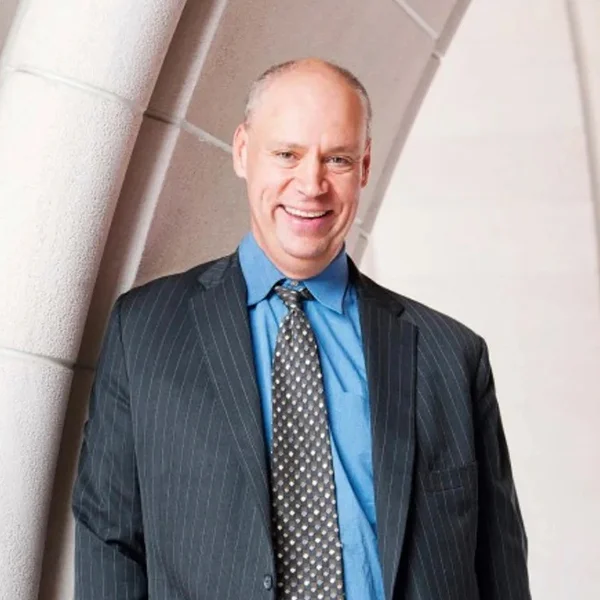
Allen Ferrell ’95, Harvey Greenfield Professor of Securities Law: “Unit X: How the Pentagon and Silicon Valley Are Transforming the Future of War” by Raj M. Shah and Christopher Kirchhoff. This book is about the relationship between the Pentagon and Silicon Valley. Looks like a great read — a story of technology, geopolitics, and the future nature of war.
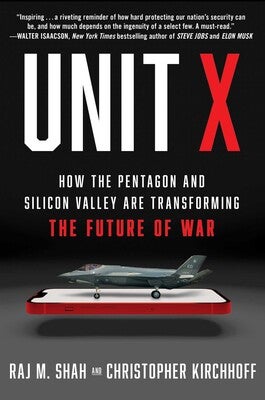
“Milton Friedman: The Last Conservative” by Jennifer Burns. Milton Friedman is my favorite economist, so this was an easy pick for my summer reading list. Fascinating public figure and towering academic.
“Led Zeppelin: The Biography” by Bob Spitz. One of the great bands of all time — should be a fun summer read.
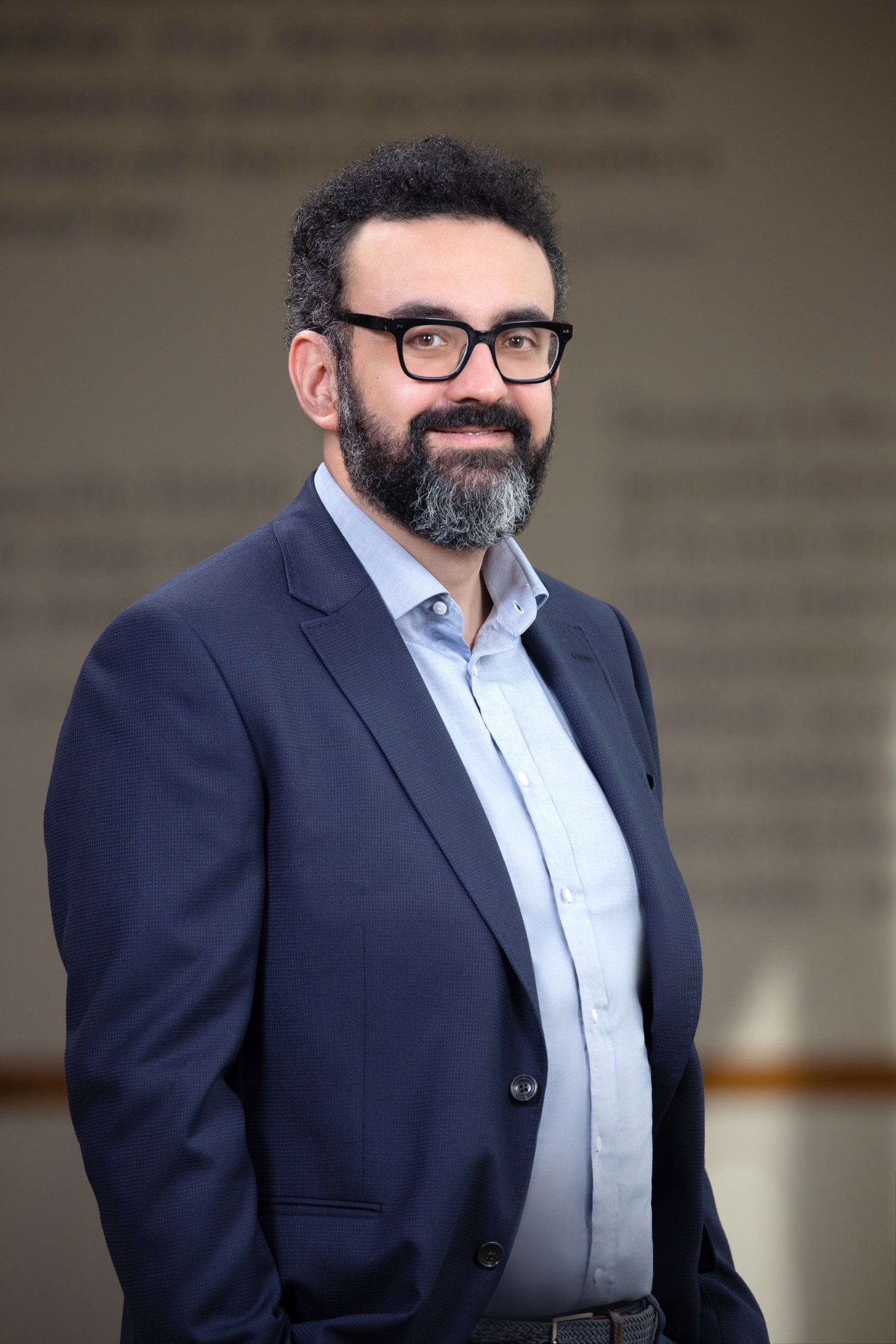
Roberto Tallarita S.J.D. ’23, assistant professor of law: I’ve recently picked up a classic of Italian literature, “The Viceroys” by Federico De Roberto, which I had never gotten around to reading before. It is a sprawling, energetic, and grotesque portrait of a dysfunctional aristocratic family in late 19th-century Sicily, but also a brutal chronicle of the collapse of an entire ruling class. Many American readers are familiar with “The Leopard,” by Giuseppe Tomasi di Lampedusa, which has very similar setting, characters, and themes. But “The Viceroys” is the real deal, the classic against which Tomasi di Lampedusa measured himself. Try the first 50 pages — a cinematic tour de force with two dozen characters — and you’ll want to read the rest.
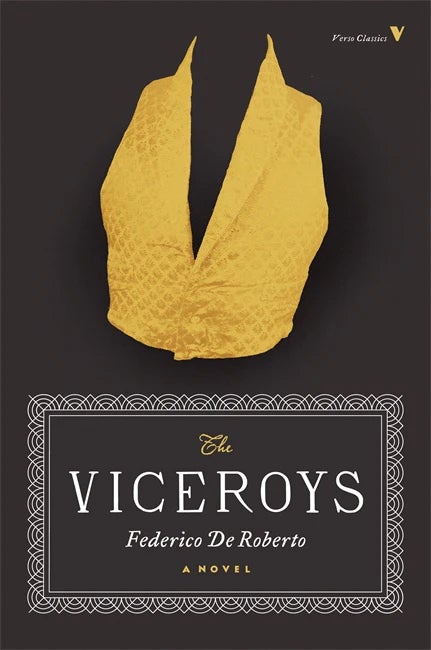
I also look forward to reading Émile Perreau-Saussine’s intellectual biography of Alasdair MacIntyre, recently translated into English by Nathan Pinkoski. MacIntyre is a fascinating philosopher, who deserves a much broader audience (although in an old interview he said he hopes that “the majority of lawyers … will not read me,” so perhaps I shouldn’t have publicized this). I often disagree with MacIntyre, but his works offer endless insights with intelligent, brisk, and beautiful prose. Perreau-Saussine’s short biography promises to be a real pleasure.
Then I hope to read: Joseph Heath’s new book “Ethics for Capitalists” (Heath is a lively and intelligent thinker: his Substack is a great source); William Dalrymple’s “The Anarchy,” a history of the East India Company; “The Glass Hotel” by Emily St. John Mandel, who writes beautiful meditative sci-fi; Sarah Berstein’s “Study for Obedience,” which seems very intriguing; and possibly one of Henry James’ doorstoppers (I have never read “The Golden Bowl,” for example, and I think I would like it).
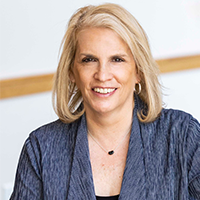
Sharon Block, professor of practice: This summer I will be reading “The Hammer: Power, Inequality and the Struggle for the Soul of Labor” by Hamilton Nolan. The past couple of years, with all the popular attention focused on the labor movement, is unlike any time in my career as labor lawyer. This book is perfectly timed to provide more context for recent events like 2021 and 2022’s Striketober, 2023’s Hot Labor Summer and 2024’s historic organizing in the South.
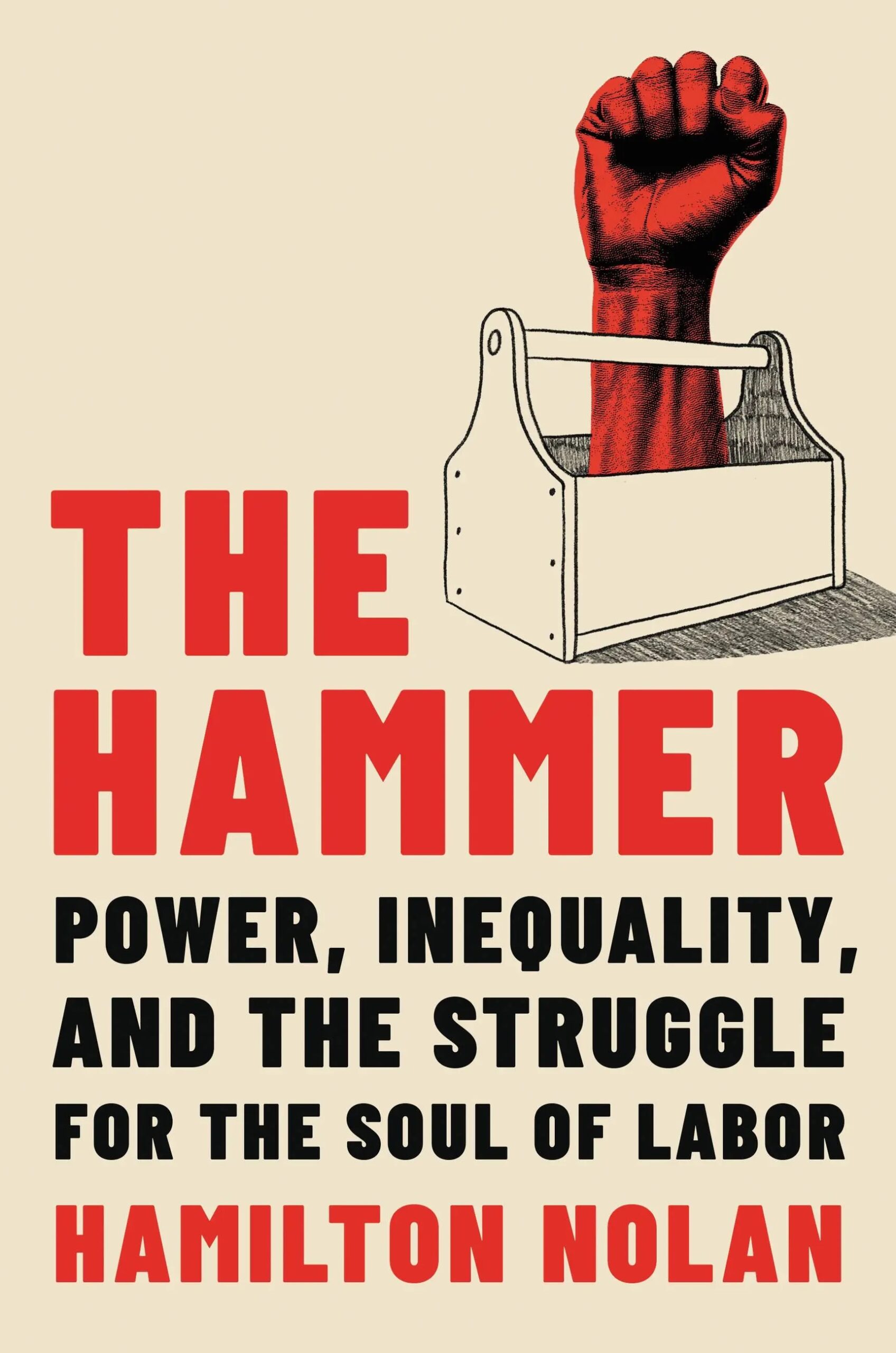
As a reporter who both has covered labor for many new media companies, like Gawker and Vox, and who led the Writers Guild East’s successful efforts to unionize new media, Hamilton can provide an unusual level of understanding for the events he writes about. I’m looking forward to exploring the personal stories in the book — getting to know some of the people making labor history. I’m lucky to have gotten to know Hamilton through my work and so I know what a sharp eye (and wit) he brings to his writing. I expect that the book will appeal to anyone interested in the role that labor can play in tackling the astounding income inequality in our country, as well as anyone who loves good David v. Goliath stories.
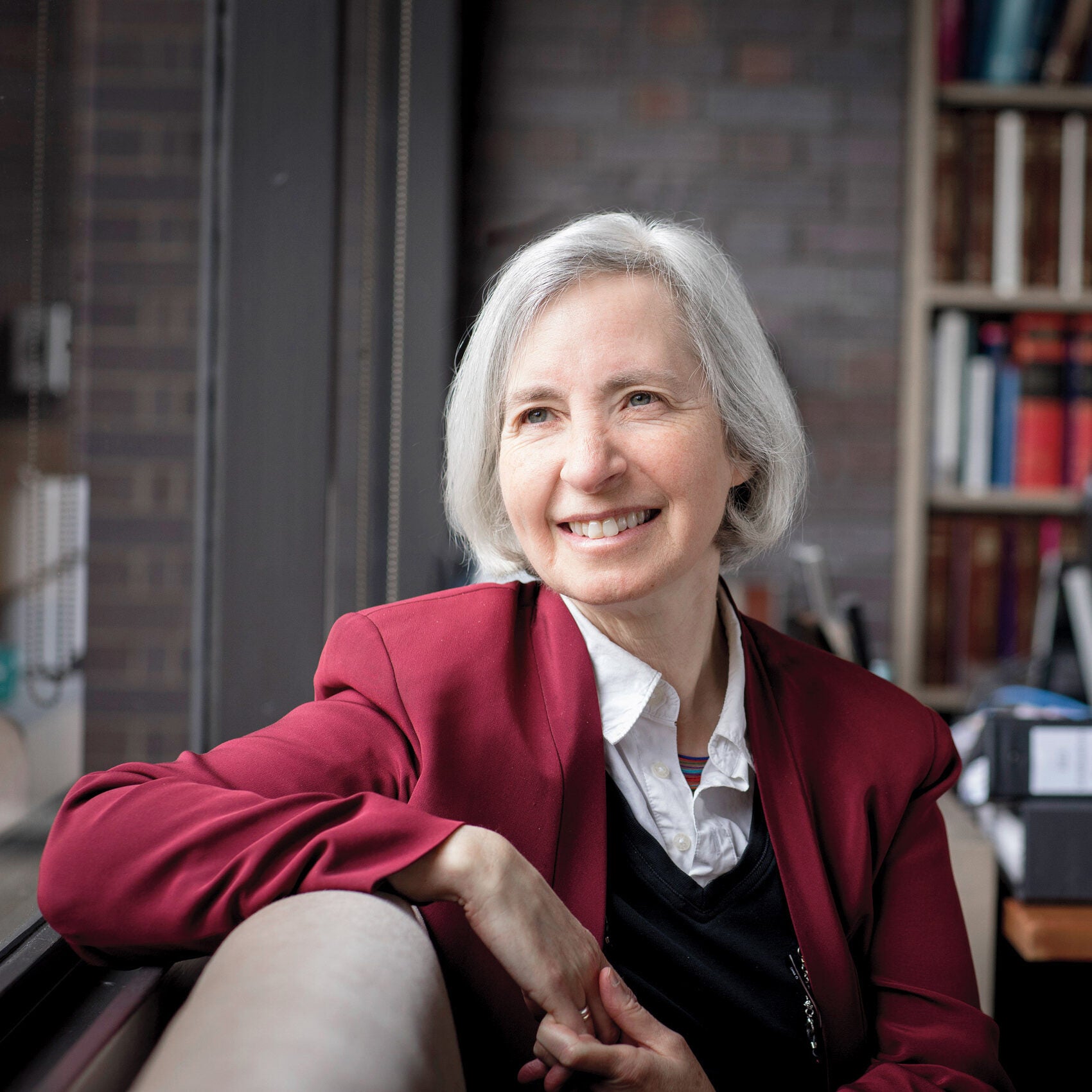
Martha Minow, 300th Anniversary University Professor:
“The Alignment Problem: Machine Learning and Human Values” by Brian Christian
“James” (a novel) by Percival Everett
“Second Chances: Shakespeare and Freud” by Stephen Greenblatt and Adam Phillips,
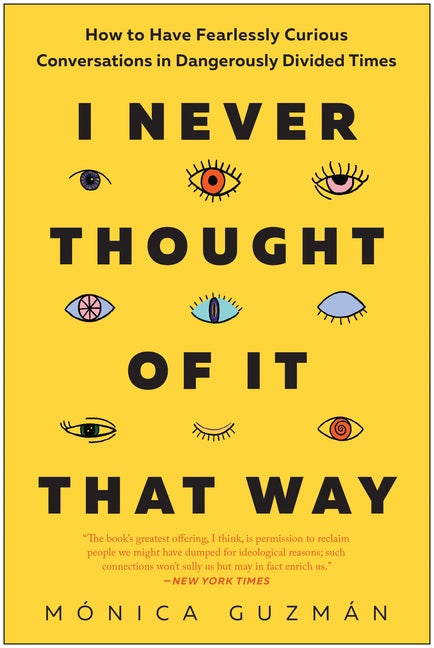
“I Never Thought of It That Way: How to Have Fearlessly Curious Conversations in Dangerously Divided Times” by Monica Guzman
“Judicial Responsibility and Coups d’État: Judging Against Unconstitutional Usurpation of Power” by Kriangsak Kittichaisaree
“American Covenant: How the Constitution Unified Our Nation―and Could Again” by Yuval Levin
“The Pursuit of Happiness: How Classical Writers on Virtue Inspired the Lives of the Founders and Defined America” by Jeffrey Rosen
“The Eight: The Lemmon Slave Case and the Fight for Freedom” by Albert M. Rosenblatt
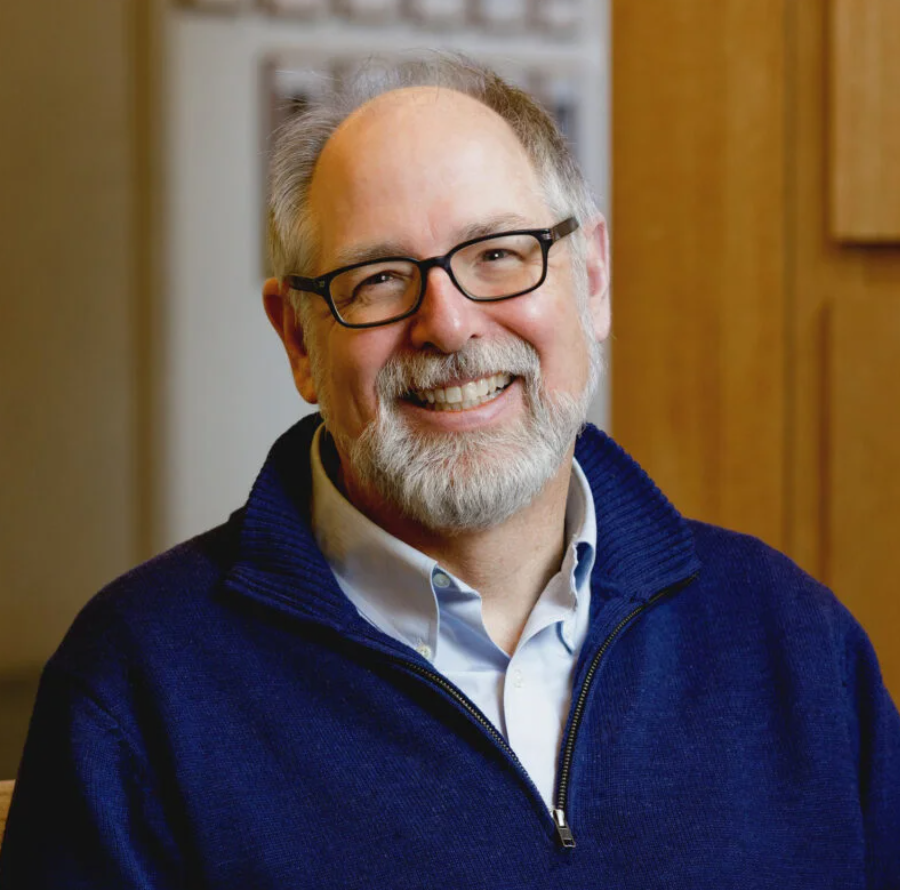
Andrew Mergen, Emmett Visiting Assistant Clinical Professor of Law in Environmental Law: My students know that I love birds and I am excited to dig into Kenn Kaufman’s new book, “The Birds That Audubon Missed: Discovery and Desire in the American Wilderness.” As lawyers we tend to look at the history of early America through the lens of legal and political history. Kaufman’s early America is populated with great naturalists and artists including John James Audubon and Alexander Wilson. It is thrilling to see the country through their eyes and art.
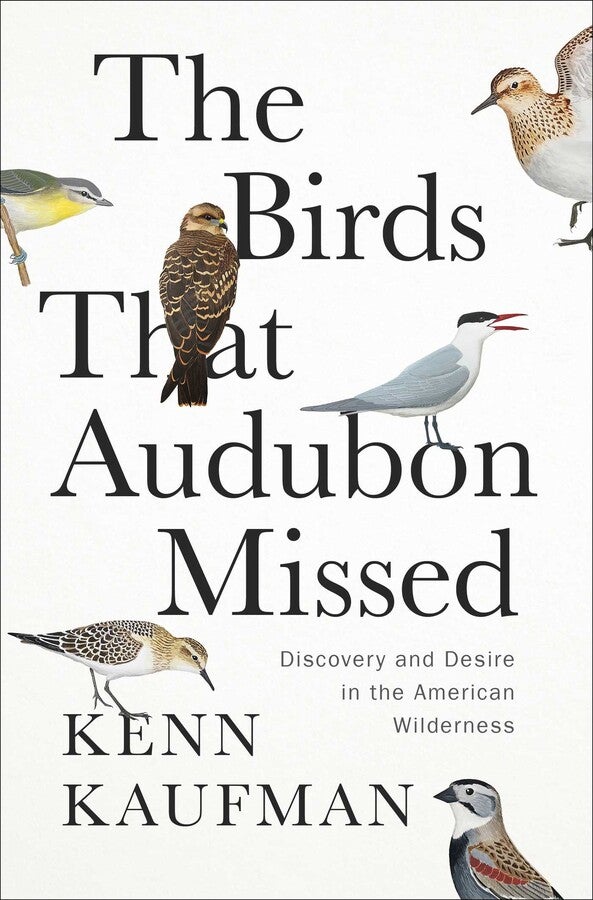
Relatedly, when I teach Natural Resources Law, I want students to never lose their sense of awe. National forests consist of trees: living organisms that turn light into the sugars that fuel life. If that thought is insufficient to leave you gob smacked, science is everyday unlocking plant behavior that closely resembles animal intelligence.
In that vein, I look forward to digging into Zoe Schlanger’s “The Light Eaters: How the Unseen World of Plant Intelligence offers a New Understanding of Life on Earth.” Finally, Charles Wilkinson, who taught Indian Law for many years at the University of Colorado Law School, recently passed away. Charles was a friend and mentor and his ultimate book, published this year, “Treaty Justice: The Northwest Tribes, the Boldt Decision, and the Recognition of Fishing Rights” is a deep dive into the decision of Judge George Boldt whose 1974 ruling affirmed the treaty rights and tribal sovereignty of the Northwest Indian Tribes over salmon harvest. Boldt’s opinion is a landmark case in Indian law and the story has, heretofore, never been told in detail. Co-management of natural resources is something we talk about in class a lot and reading this book will bring me joy and count as research!
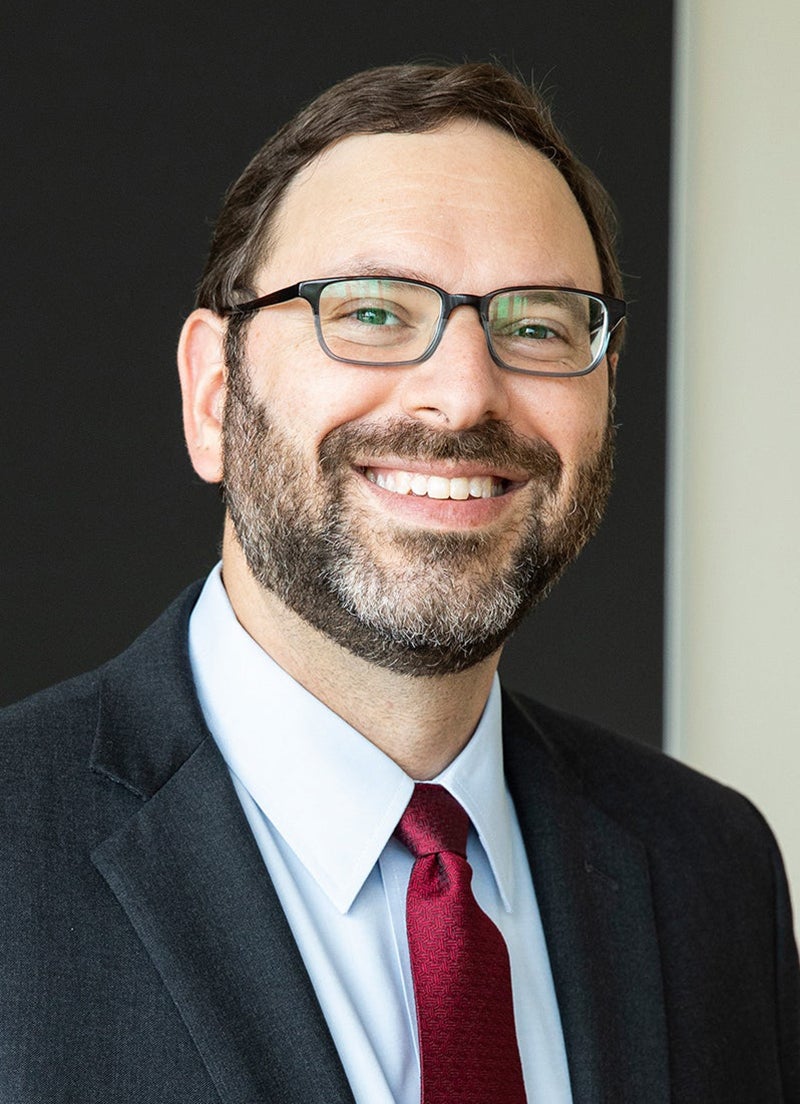
Stephen Sachs, Antonin Scalia Professor of Law: This summer I’m looking forward to reading some books on history — including natural history, such as Riley Black’s “The Last Days of the Dinosaurs,” and its impact on human history, as in Peter Frankopan’s “The Earth Transformed” (a repeat from last year’s list, when September arrived too soon).
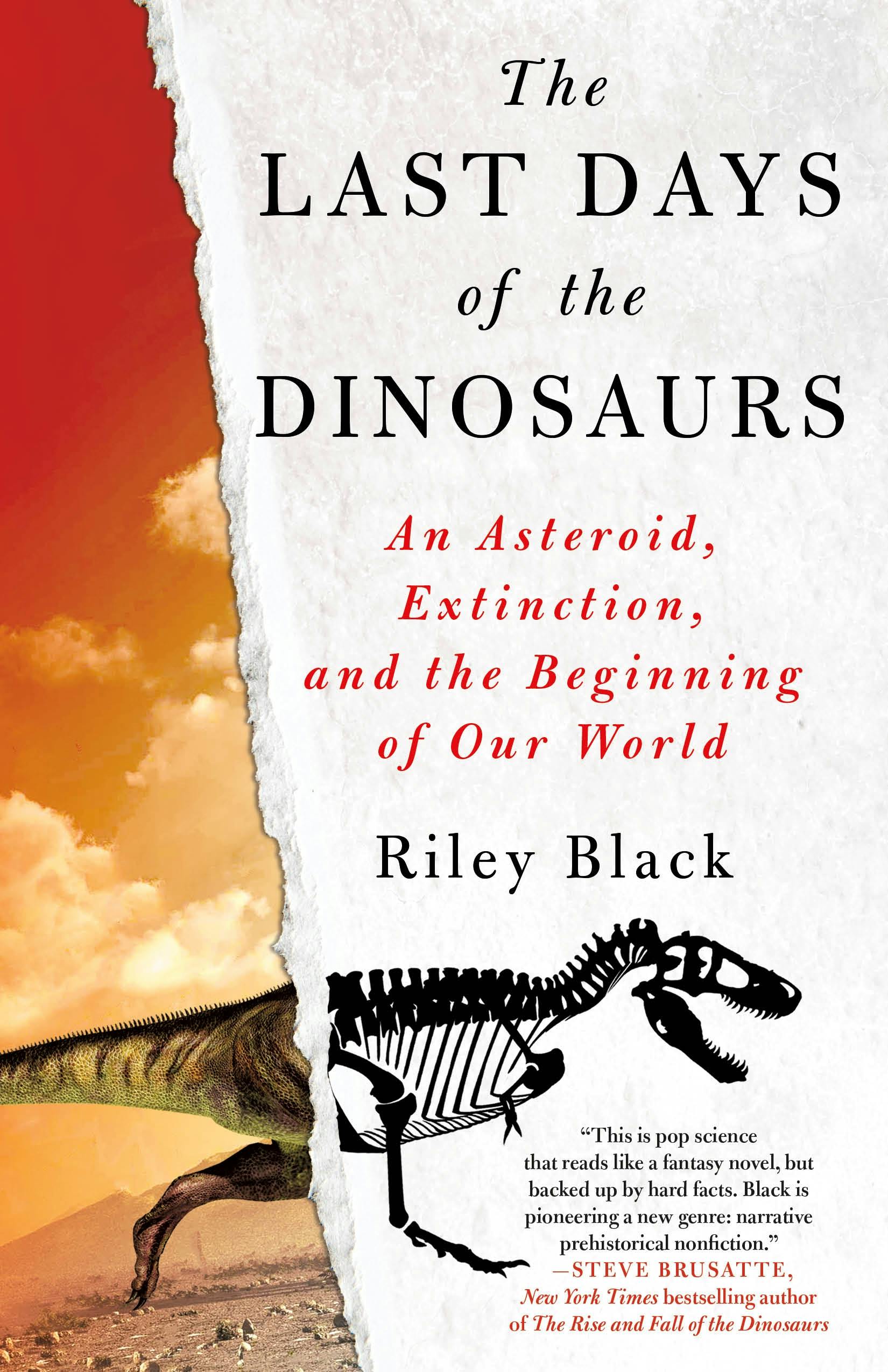
In addition, I’ve got on my shelf two books about doing history: “The Idea of History,” by the philosopher R.G. Collingwood, and “The Historian’s Craft,” by the historian and French Resistance hero Marc Bloch. (I also hope to return to the latter’s two-volume “Feudal Society,” a true classic I last read through in college.)
And for more recent events, I’ve got three biographies on hand: Jennifer Burns’ “Milton Friedman,” Rob Henderson’s memoir “Troubled,” and John Garth’s “Tolkien and the Great War.”
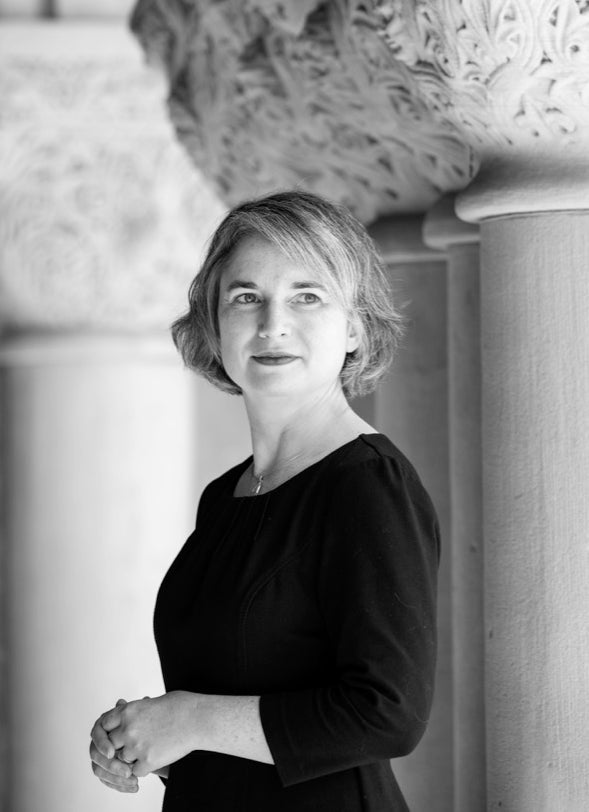
Elizabeth Papp Kamali ’07, Austin Wakeman Scott Professor of Law: Let me begin by sharing what I will not be reading this summer. I will most certainly not be reading Peter Brown’s “Journeys of the Mind: A Life in History,” only because I devoured it in record time this spring and have been recommending it to others ever since. Brown’s books, including “Augustine of Hippo” and “The Cult of the Saints,” were required reading during my undergraduate history studies. I now see those works in a new light after having read Brown’s memoir of his childhood in a Protestant family in Dublin, his travels to visit his father in the Sudan, and his studies that eventually took him across the sea to Oxford and later across the larger pond to Berkeley and then Princeton.
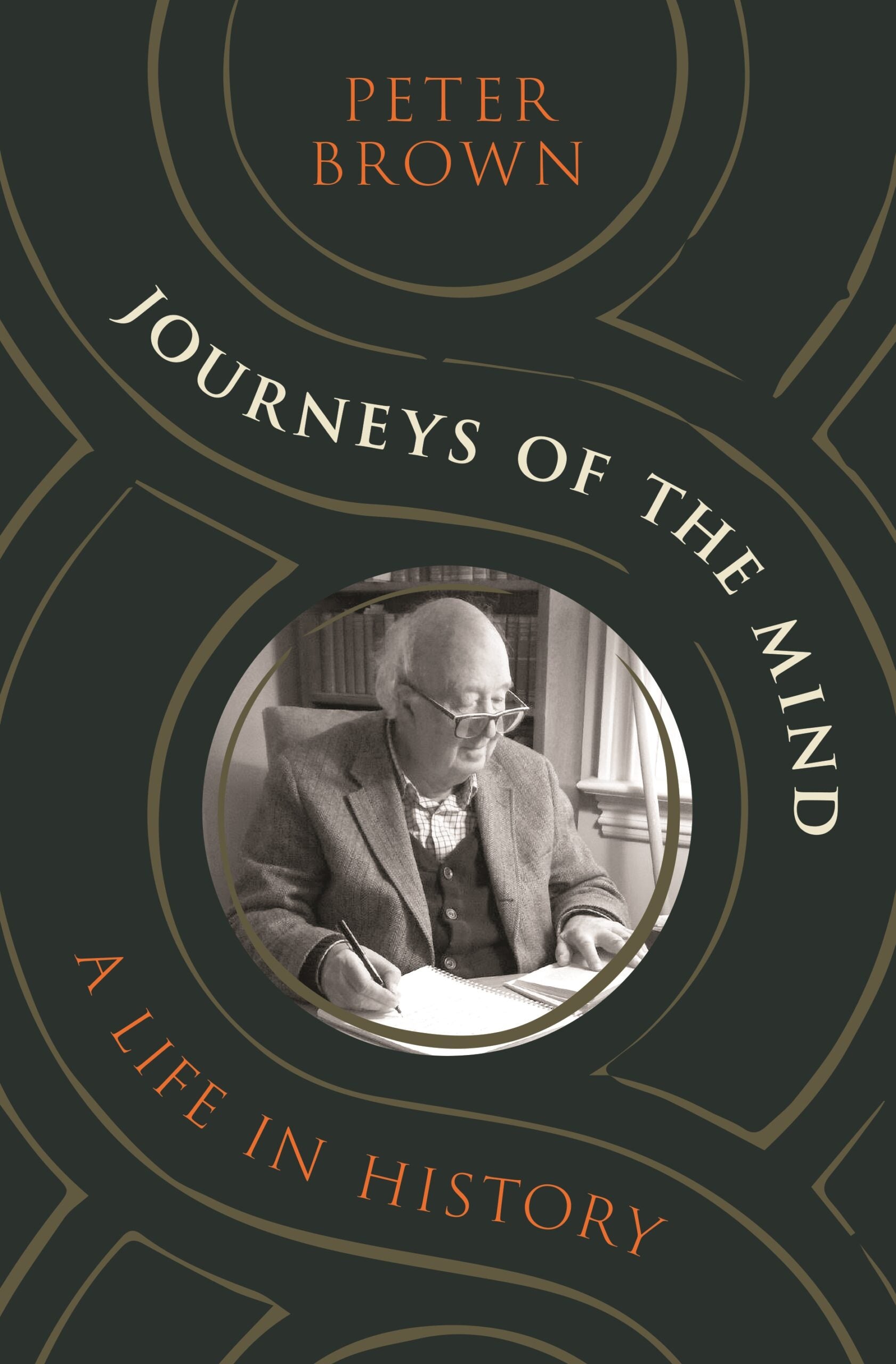
What I found most spellbinding about “Journeys of the Mind” were the mundane episodes Brown recounted — a letter to an aunt, a conversation with a fellow scholar in a Berkeley café, a quiet morning routine of prayer and foreign language practice — as he mapped out his intellectual peregrinations through the terrain that would come to be known as the world of Late Antiquity. Some of his greatest insights as a historian came from the marriage of his lived experience with the textual and other cultural artifacts of distant places, peoples, and ideas. I also found myself deeply saddened by a path cut short, when Brown’s fascination with the history of Iran, enlivened by his travels there, came up against the 1979 revolution. Alas, some journeys of the mind are not easily pursued across closed borders.
I will make one other brief (and enthusiastic) recommendation: a poetry collection by Isabel Cristina Legarda entitled “Beyond the Galleons.” In this slim volume, Legarda, a local doctor, Harvard College alumna, and immigrant from the Philippines, meditates on culture, food, gender, religion, colonial encounter, the immigrant experience, and language itself. In one poem, for example, the narrator imagines herself in conversation with a seventeenth-century missionary learning Tagalog and puzzling over how to master the “guessing game” of supplying the missing vowels while reading. Women, the missionary is told, “are experts at discerning the unseen … the vowels of our villages’ lives,” and the local people are “the syllables you are failing to read, the meanings you don’t know well enough to guess.” Like “Journeys of the Mind,” this collection is part history, part memoir, and entirely worth packing in one’s summer travel bag.
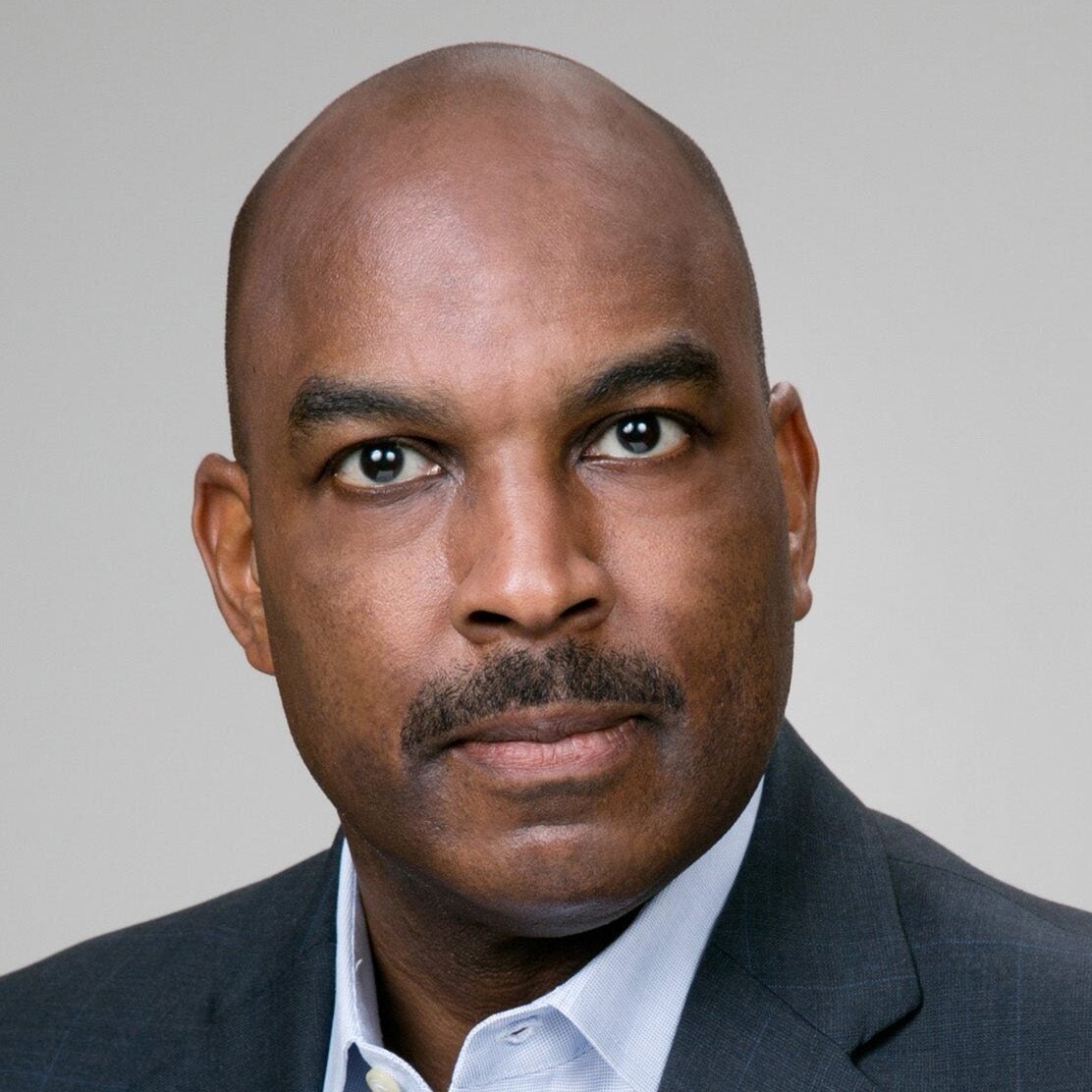
Kenneth W. Mack ’91, Lawrence D. Biele Professor of Law: I recently finished reading the classicist Mary Beard’s accessible “SPQR: A History of Ancient Rome,” which tells us a lot about ancient Rome and a good deal about how we remember it in modern times, and Dylan Penningroth’s prize-winning “Before the Movement: The Hidden History of Black Civil Rights,” which is the best history so far of how Black Americans grappled with law during the era of segregation.
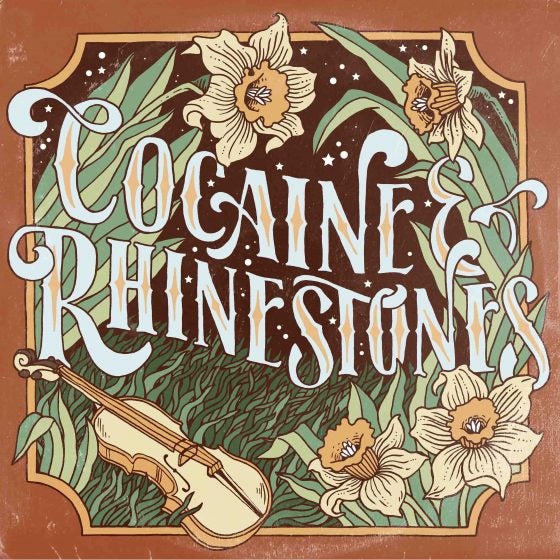
I’m about to dig into the soon-to-be-published “The Originalism Trap: How Extremists Stole the Constitution and How We the People Can Take It Back,” by the civil rights lawyer and public advocate Madiba K. Dennie, and I’ve started rereading E.M. Forster’s classic novel of the latter days of the British Raj, “A Passage to India.” I’m also looking forward to listening to “Cocaine & Rhinestones,” Tyler Mahan Coe’s engaging podcast about country music and its interaction with the history and culture of twentieth century America.
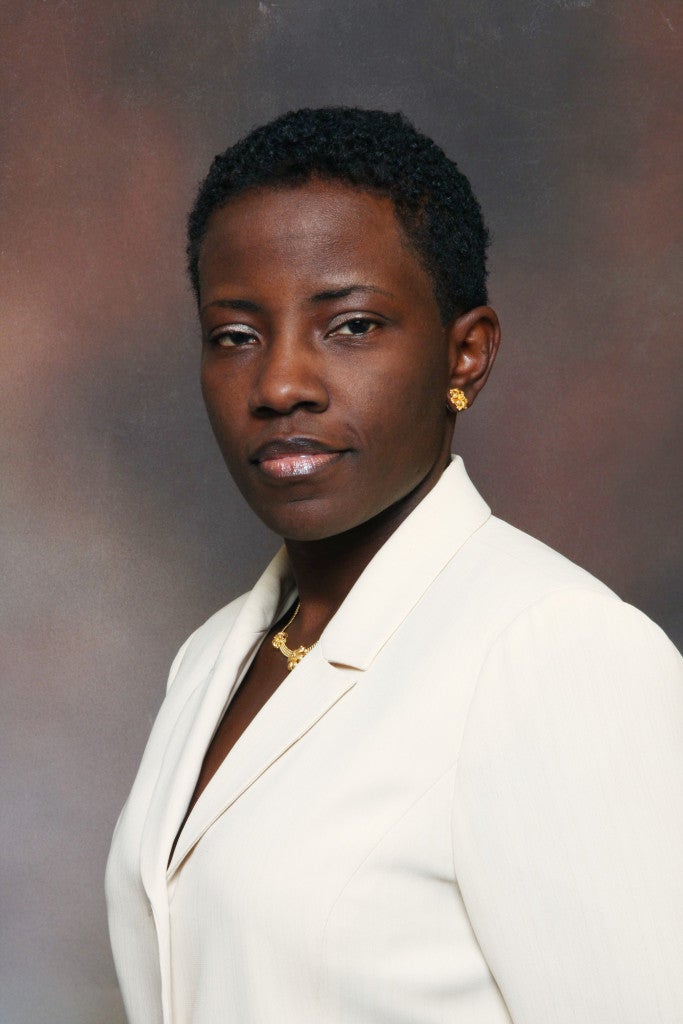
Dehlia Umunna, clinical professor of law: I lost my father, a man of profound wisdom and faith, six months ago. During this time of tremendous grief, I’ve found solace in revisiting the works of his favorite authors. E.M. Bounds’ “The Necessity of Prayer,” Smith Wigglesworth’s “Ever Increasing Faith,” and Charles Spurgeon’s “The Silent Shades of Sorrow: Healing for the Wounded” have become my companions, providing a balm for my grieving heart, and making the passing days less dreadful.
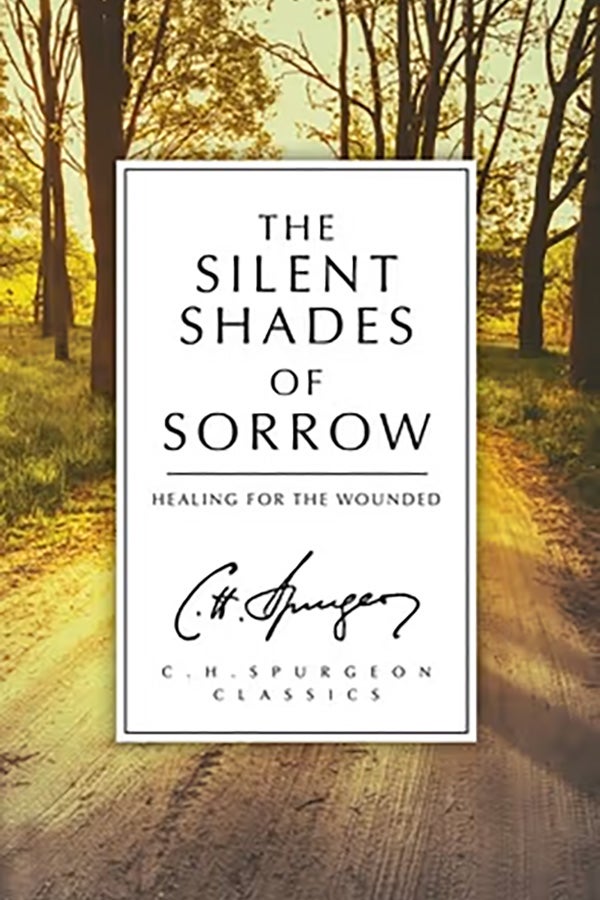
Additionally, I am enjoying “You’ve Been Chosen,” a captivating memoir by Cynt Marshall. Marshall, the CEO of the Dallas Mavericks (the Mavs will face off against the Celtics in the NBA Finals this week), is the first Black female CEO in the history of the National Basketball Association. “You’ve Been Chosen” chronicles lessons she learned through her challenging battle with cancer and navigating culturally toxic workplaces. The book details the many times she inspiringly responded to requests by top brass to change her name, clothing, speech, hairstyle, or check her faith at the door. In her own words, “There’s no job or relationship that’s worth turning into someone you’re not.” So, between Luka Doncic’s ever-consistent greatness and Dereck Lively’s rapid ascension, I cannot wait to watch Marshall’s Mavericks compete for their first title in over a decade!
Finally, I look forward to reading “Medgar and Myrlie: Medgar Evers and the Love Story That Awakened America,” by Joy-Ann Reid.
Want to stay up to date with Harvard Law Today? Sign up for our weekly newsletter.
